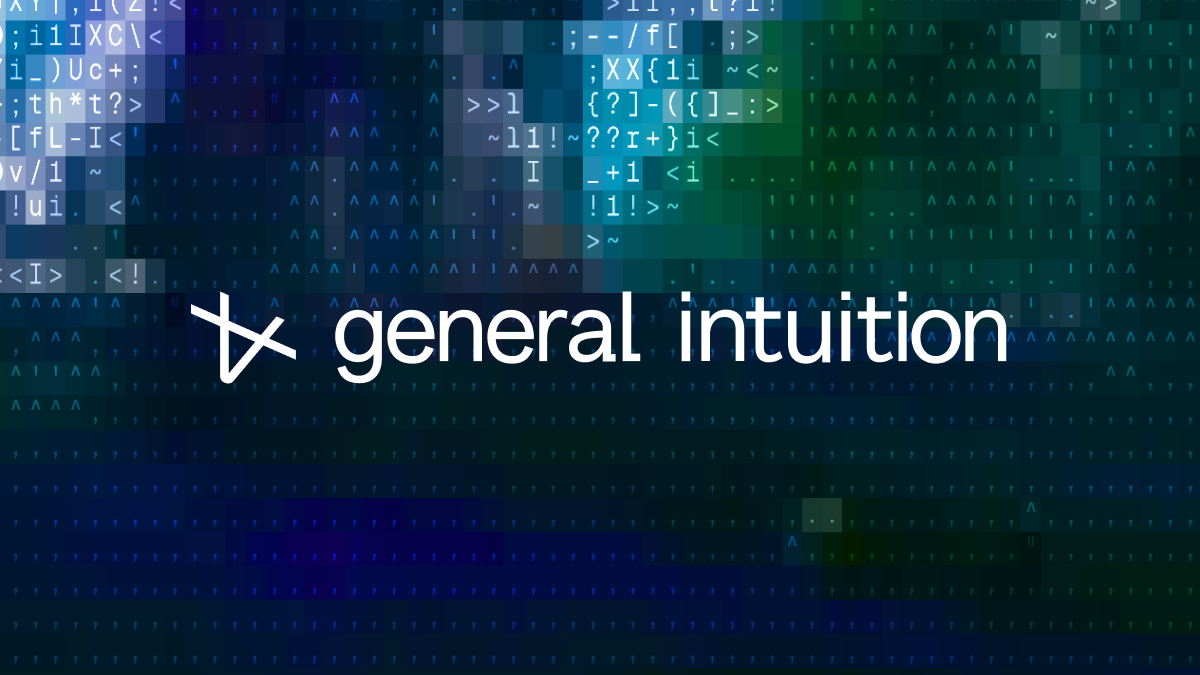
Medal, the gaming clip-sharing platform, has spun out a new AI research company called General Intuition, which is training foundation models and intelligent agents to understand how objects and entities move through space and time — a key capability known as spatial-temporal reasoning.
The startup has raised a massive $133.7 million seed round, led by Khosla Ventures and General Catalyst, with participation from Raine. The funding will support hiring and research as the company develops AI agents that can interpret, predict, and act within complex environments — from video games to real-world robotics.
Using Billions of Gaming Clips as a Training Goldmine
General Intuition is leveraging Medal’s 2 billion annual gameplay videos, captured by 10 million monthly active users across thousands of games. CEO Pim de Witte, who also founded Medal, said gaming footage provides a uniquely rich training ground for spatial reasoning — offering diverse, high-frequency visual experiences with clear feedback loops.
“When you play video games, you’re transferring your perception to new environments,” said de Witte. “Players tend to upload clips showing strong wins or major failures — edge cases that are incredibly valuable for training AI agents.”
This massive, curated dataset — richer and more targeted than YouTube or Twitch — reportedly drew acquisition interest from OpenAI, which explored a $500 million deal for Medal in 2024, according to The Information.
Building Agents That Understand the Physical World
General Intuition’s early models can already navigate unseen environments and predict actions purely from visual input. Agents perceive only what a human player would see and learn to move by mimicking controller inputs — an approach that translates naturally to physical systems like robotic arms, drones, and autonomous vehicles.
The company’s next milestones include:
- Generating simulated worlds to train new agents.
- Enabling autonomous navigation in unfamiliar physical environments.
Initial applications will focus on gaming, search and rescue robotics, and real-time spatial understanding.
A Different Approach to World Models
While companies like DeepMind (Genie) and World Labs (Marble) sell their “world models” as standalone products for AI training or content creation, General Intuition is not commercializing its models directly — a deliberate move to sidestep copyright challenges and avoid competing with game studios.
“Our goal isn’t to build models that replace game developers,” de Witte explained. “We’re using them to create smarter, adaptive AI agents.”
These agents can power non-player characters (NPCs) and in-game bots capable of adjusting their difficulty levels dynamically, creating more natural and engaging play experiences.
“It’s not about building unbeatable ‘god bots,’” said Moritz Baier-Lentz, founding member of General Intuition and partner at Lightspeed Ventures. “It’s about filling in the skill gap — so every player has a challenging, balanced match that keeps them engaged.”
From Games to Real-World Impact
Beyond entertainment, de Witte envisions the technology supporting search and rescue drones operating in unknown terrain without GPS — an idea influenced by his background in humanitarian work.
Ultimately, he and the team see spatial-temporal reasoning as a missing cornerstone in the race toward artificial general intelligence (AGI).
“Large language models can describe the world, but they don’t understand it,” de Witte said. “When you reduce the world to text, you lose the intuition of how things move, interact, and evolve. That’s what we’re trying to teach AI — true general intuition.”
About General Intuition
General Intuition is an AI research company spun out from Medal, focused on training spatially and temporally intelligent agents using real-world and in-game video data. Founded by Pim de Witte and a team of researchers and engineers, the company aims to enable AI systems that understand, predict, and act in dynamic environments — from digital worlds to physical reality.


